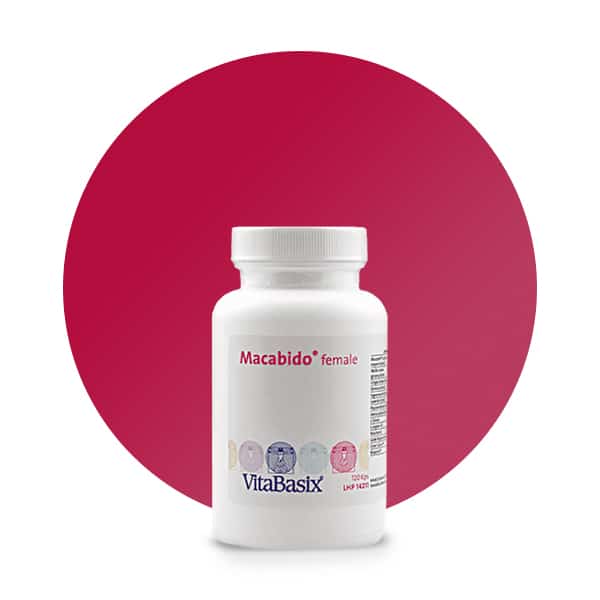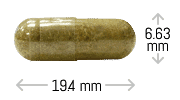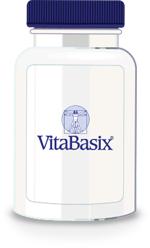Stress, harmful environmental pollution, hormonal changes, medication, health problems, advancing age; all of these can lead to a reduction in desire and sexual performance in women. Like all hormones in the human body, the production of sex hormones begins to decline significantly in midlife. Poor diet, sleep disorders and stress exacerbate this natural progression. According to surveys carried out, almost six out of ten women – i.e. around one in two – suffer from one or more sexual problems or are simply dissatisfied with their sex life at some point in their lives. Nevertheless, sexuality remains a taboo subject for many people, even in confidential conversations with a doctor.
Thousands of years ago, sexual issues were already a topic of great interest. People looked for help in the treasure chest of nature and found it. The Incas in South America, for example, discovered active ingredients in the extract of the Peruvian tuber maca that promote sexual energy, stamina and desire.
A gender-specific combination of high-quality micronutrients with standardised maca extracts can increase vitality, energy, desire and libido in women.
These include the following nutrients:
MACA: The Peruvian root Maca (Lepidium Meyenii) has been used for centuries by the indigenous peoples of South America to increase sexual energy and desire. After the Spanish conquest of Peru, the tuber was also exported to Europe in order to utilise its potency-enhancing effects. Maca contains a variety of minerals, essential amino acids and trace elements. This natural substance can not only increase libido, but also support a normal hormonal balance overall, thus creating the conditions necessary for the maturation of a sufficient number of sperm and functional egg cells. Maca can also improve physical and mental energy and support the immune system at the same time.
White panax ginseng: Originating from Asia, genuine ginseng has been used for many centuries. White ginseng extract is made by drying the roots and then grinding them into powder. It can help to promote sexual desire and vitality.
Ginkgo biloba: As a plant antioxidant with a broad spectrum of activity, ginkgo can promote blood flow to the genitals and the brain, thus supporting pleasure and cognitive function.
Royal jelly: The queen bee’s diet can have specific effects on glandular activity and balanced hormone production. This micronutrient can influence sexual energy as it can promote metabolic activity.
Niacinamide: Fish, offal and beef are particularly rich in this vitamin. Niacin (vitamin B3) contributes to normal energy metabolism, to the reduction of tiredness and fatigue and to the normal condition of the mucous membranes, including those of the vagina.
Calcium: Certain calcium-containing mineral mixtures have numerous properties. They not only supply the body with minerals, but can also help to regulate the body’s pH value.
Damiana: This well-known and proven aphrodisiac for women originates from South America. Both the leaves and the flowers contain flavonoids, essential oils, tannins and other active ingredients that can be anti-inflammatory, stimulating, anxiolytic and slightly euphoric.
Ginger root: The ginger oil contained in this plant stimulates blood circulation and can also be used for menstrual pain. It is also a good way of stimulating the female organs and warming the tissue for women who wish to have children. Ginger therefore has a stimulating and warming effect, as well as antibacterial and aphrodisiac properties.
Avena sativa: This extract obtained from green oats has been used successfully for many years as an energy tonic. It can support the body’s own hormone production in a natural way.
L-tyrosine: L-tyrosine is mainly found in foods such as peanuts, peas, eggs and soya products. This amino acid can help to alleviate stress and tension, suppress irritability, boost energy levels and create a balanced mood, especially during the menopause.
Passionflower: Passionflower can have a relaxing and calming effect on the nervous system. It can also help to stabilise the various hormone productions at a normal level.








 Chronobrands
Chronobrands



Reviews
There are no reviews yet.